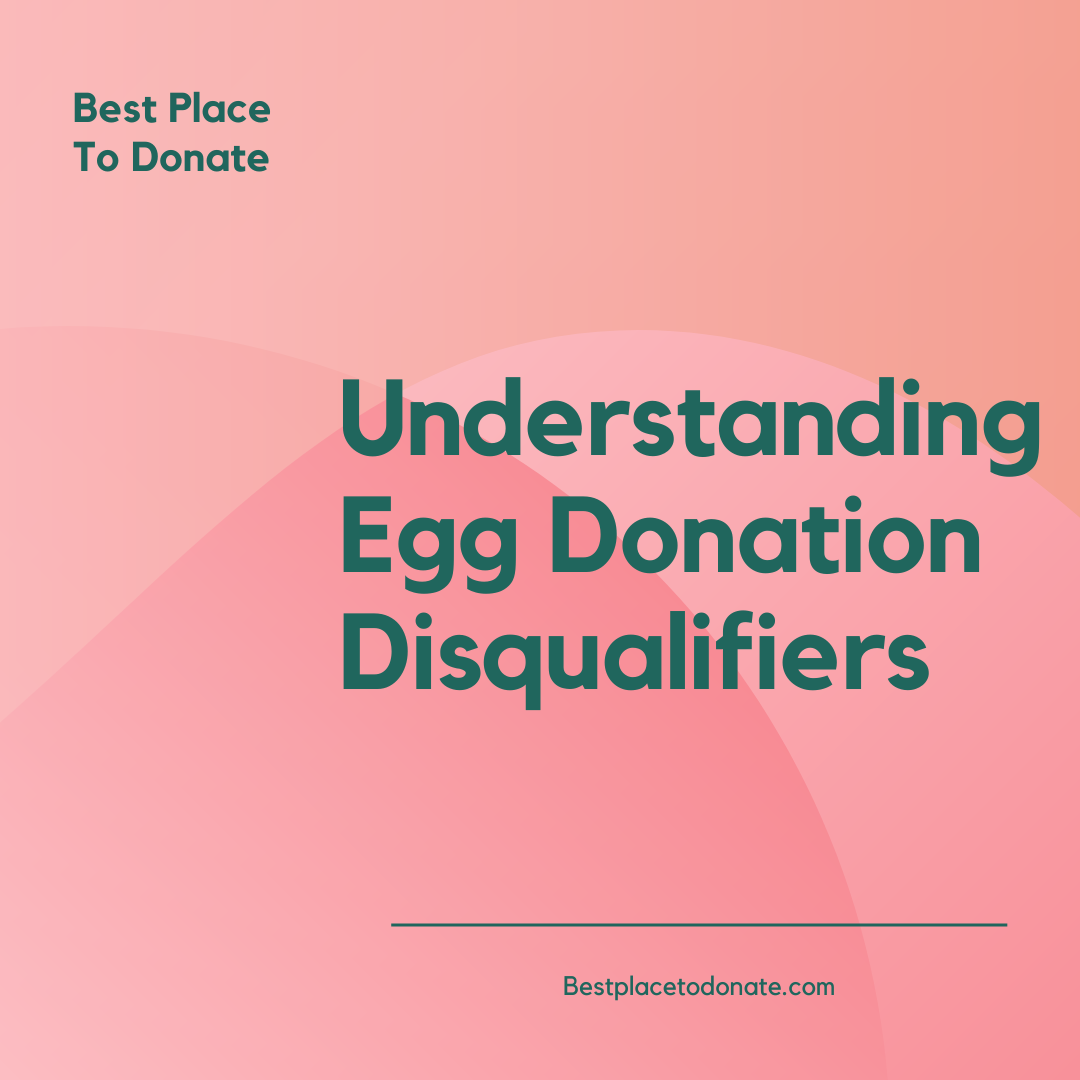
Egg donation can be a life-changing gift for families struggling with infertility, but not everyone qualifies to become a donor. Organizations that manage egg donation programs have specific guidelines to ensure the safety and success of the process for both donors and recipients. This guide will walk you through the step-by-step process, compensation details, key disqualifiers, and organizations that offer egg donation opportunities.
Step-by-Step Process to Become an Egg Donor
- Initial Application
Prospective donors start by filling out an online application with their personal, medical, and lifestyle information.
- Pre-Screening Interview
A brief interview is conducted to evaluate eligibility and clarify the donor’s motivation.
- Medical Screening and Genetic Testing
Comprehensive blood work, physical exams, and genetic testing are performed to ensure the donor is healthy and free from inheritable conditions.
- Psychological Evaluation
Mental health assessments help determine emotional readiness and ensure informed consent.
- Legal Documentation
Legal contracts are signed to protect both the donor and the recipient, clarifying parental rights and responsibilities.
- Stimulation and Retrieval Process
Once cleared, the donor undergoes hormone treatments followed by egg retrieval in a medical setting.
Compensation for Egg Donors
Egg donors are compensated for their time, effort, and commitment. Compensation varies based on location, clinic, and donor profile but typically ranges from $5,000 to $15,000 per donation cycle. Some programs may offer higher compensation for donors with specific educational or ethnic backgrounds in demand.
Key Considerations and Common Egg Donation Disqualifiers
While egg donation is open to many women, there are several disqualifiers to be aware of:
- Age Limitations: Most clinics accept donors aged 21 to 32.
- BMI Restrictions: Donors should have a BMI between 18 and 28 for optimal hormonal balance.
- Medical History: Personal or family history of genetic disorders, cancers, or reproductive issues may disqualify a candidate.
- Lifestyle Choices: Smokers, drug users, and those with high-risk sexual behaviors are generally ineligible.
- Mental Health: A history of severe mental health disorders may disqualify a donor.
- Travel History: Recent travel to Zika-infected regions can lead to temporary disqualification.
Important Note on Organizations
Several NGOs and fertility organizations operate egg donation programs with transparent guidelines and supportive environments. Some of the reputable programs include:
- Donor Egg Bank USA
Website: www.donoreggbankusa.com
Phone: 855-344-2265 - Pride Angel (UK)
Website: www.prideangel.com
Email: info@prideangel.com - National Egg Donation Center (NEDC)
Website: www.nedc.com
Phone: 866-585-8549 - The World Egg Bank
Website: www.theworldeggbank.com
Phone: 877-331-2427
Each of these organizations follows strict screening processes, provides counseling support, and offers fair compensation.
Conclusion
Becoming an egg donor is a generous and impactful act, but understanding the medical, psychological, and lifestyle disqualifiers is essential before starting the journey. By working with ethical and transparent organizations, donors can ensure their safety and contribute to a meaningful cause. Always consult with a medical professional and the chosen organization to get the most accurate and updated eligibility requirements.
